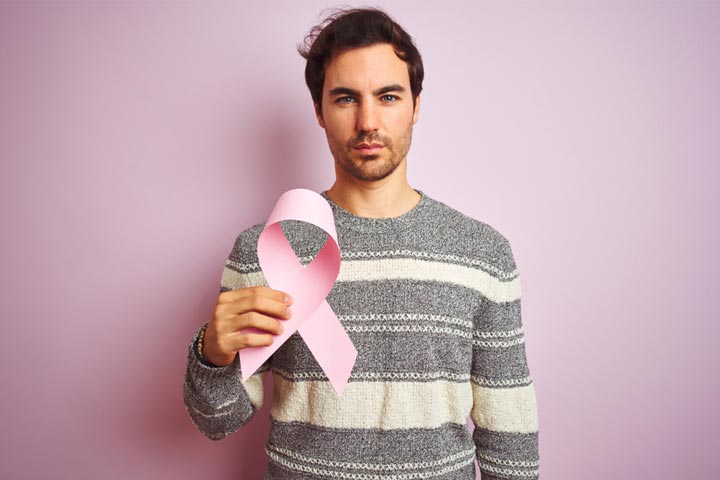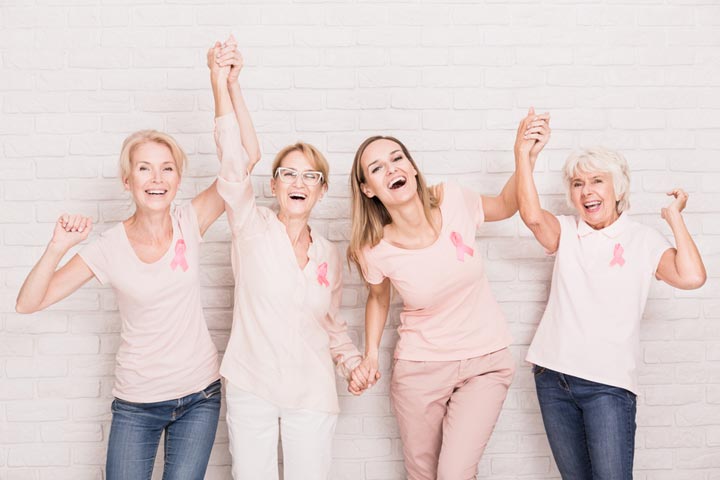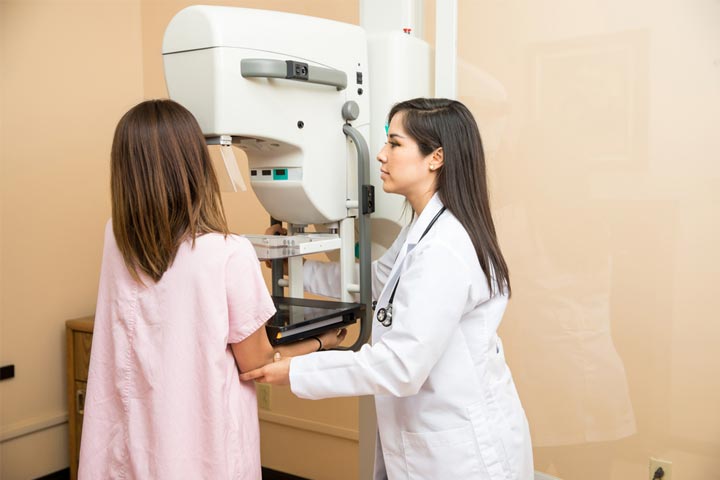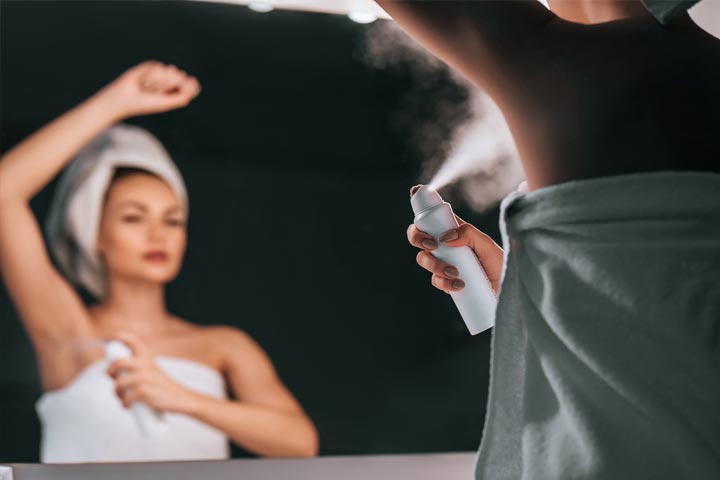
Image: Shutterstock
Breast cancer is one of the most common types of cancer diagnosed in women. Though the increasingly alarming statistics of breast cancer have made women more aware of the disease and its symptoms, there are still a lot of misconceptions linked with it. One way to tackle this disease is by creating awareness about early detection and symptoms as well as having a much better understanding of it. Continue reading our post as we debunk 8 myths about breast cancer.
1. Breast Cancer Affects Only Women
There is a common misconception that men do not get breast cancer. Breast cancer may not be as common in men, but over 2,000 men are diagnosed with breast cancer every year, with 400 succumbing to the disease. Though this percentage is relatively small compared to women, performing routine check-ups and self-exams while also being aware of the symptoms will help in early detection and treatment. To avoid any delay in treatment, it’s important to stay informed and look out for symptoms such as a hard lump underneath the areola or nipple (1).
2. A Lump In Your Breast Could Only Mean One Thing—Cancer!
While a lump in your breast could indicate breast cancer, that’s not the only possible explanation. It could be due to a variety of other reasons as well. If you notice a lump in your breast, before jumping to the conclusion that it’s breast cancer, seek the advice of a medical professional. Your doctor may suggest a clinical breast exam or a breast imaging study to confirm whether it’s a cause for concern (2). Staying one step ahead by performing self-breast exams and scheduling routine mammograms will help in early detection.
3. Mammogram Can Make Your Breast Cancer Worse
A mammogram is a low-energy X-ray that is used to examine the breast for any cancerous lumps. There is a misconception that breast compression during mammogram causes cancer to spread. According to the National Cancer Institute, a person is exposed to minimal doses of radiation during a mammogram, and hence the risk is extremely low (3).
4. Breast Cancer Is Contagious
Breast cancer is not contagious and cannot be transmitted to someone by being in close contact with them. So what causes breast cancer? It is a result of mutated cells that begin to grow out of control, which may appear as a lump in the breast tissue, and can spread to other areas within the breast. The treatment devised for breast cancer usually depends on the stage of cancer and involves radiation, chemotherapy, surgery, and hormone therapy. The risk of breast cancer can be reduced by following a healthy lifestyle and being aware of symptoms and risk factors (4).
5. If You Carry BRCA1 OR BRCA2 Mutation In Your Gene, You Will Develop Breast Cancer
The National Cancer Institute states that families that carry BRCA1 or BRCA2 gene mutation does not mean that every person in that family will carry the gene. In fact, even if a woman carries the harmful gene mutation, it does not necessarily mean that cancer is inevitable. And every cancer that occurs in such families may not be linked to the harmful gene mutation. However, a woman carrying the harmful gene mutation of BRCA1 or BRCA2 is 5 times more likely to develop breast cancer than a woman who hasn’t inherited the gene mutation. So, if the gene mutation runs in the family, you might be at high risk, but it does not mean you will develop breast or ovarian cancer for sure. Also, there are several proactive measures that you could take, such as a surgical prevention approach or hormonal therapy called Tamoxifen. Many women also decide to remove ovaries and fallopian tubes to be on the safer side as there are no reliable tests to detect early stages of ovarian cancer (5).
6. A Mammogram Is Guaranteed To Detect Any Type Of Cancer In The Breast
While doctors suggest annual mammograms for women, it does have its limitations in finding breast cancer. A mammogram is not guaranteed to find cancer, especially in women with dense breasts, as the breast tissue in such women can both mimic and hide cancer. Other than scheduling annual mammograms, other imaging methods such as breast MRI or ultrasound can also be used for women with dense breast tissues (6).
7. I Don’t Have A Family History Of Breast Cancer Or Any Symptoms, So I Do Not Need To Get An Annual Mammogram
According to the American College of Radiology, women above the age of 40 are recommended to get annual screening mammograms, even if they do not exhibit any symptoms or have a family history. Waiting for any symptoms can cause your cancer to advance to a later stage, lowering your survival rate to 27% compared to early-stage breast cancer with a survival rate of 99%. It’s important to note that over 75% of women who develop breast cancer have no family history (7).
8. Deodorants And Antiperspirants Can Cause Breast Cancer
There is no conclusive evidence that proves that underarm deodorants can cause breast cancer. According to the American Cancer Society, the chemicals found in antiperspirants have no solid link to breast cancer. So, the theory that the toxins accumulated in the lymph nodes can turn healthy cells into cancer cells is not backed by scientific research or study. Unless you are allergic to any ingredients in your deodorant, they are pretty safe to use (8).
Did you find our article helpful? If so, share it with your friends and family to create and spread awareness about breast cancer.
















